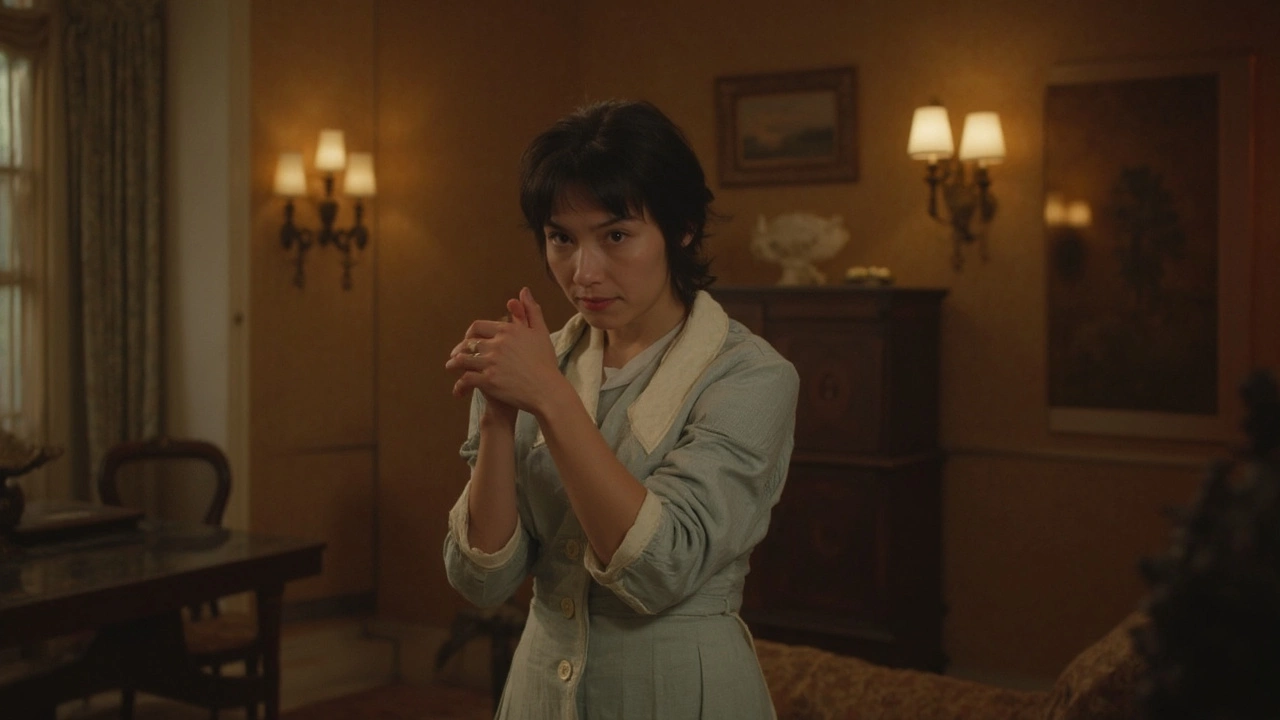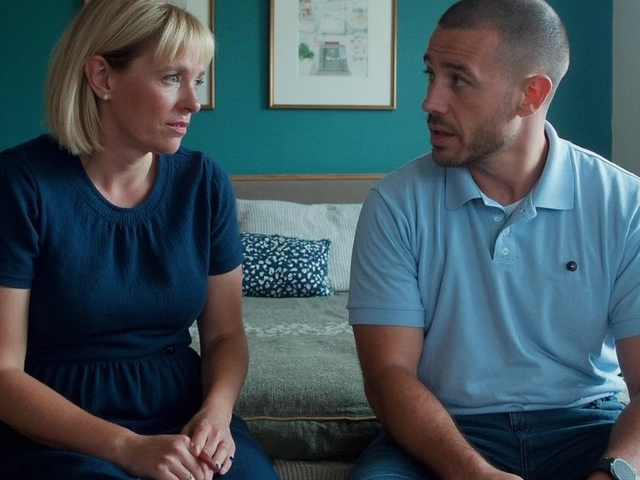Transporting viewers back to the tumultuous days of 1918 London, BBC One's *Dope Girls* takes a bold leap into the lives of women shaping their destinies amidst post-WWI societal upheaval. This fresh drama follows the intertwining paths of Kate Galloway and Violet Davies as they delve into an underworld dominated by crime, power struggles, and a thirst for liberation.
Julianne Nicholson shines as Kate Galloway, a resolute mother whose life spirals into London's gritty underbelly following her husband’s tragic suicide. Shattered by her domestic collapse, Kate navigates the perilous streets of Soho, propelled by necessity into realms dominated by crime and corruption. Alongside Kate, we find Eliza Scanlen portraying Violet Davies, an intrepid undercover officer determined to infiltrate London’s burgeoning drug scene. As the narrative unfolds, these women break through the formidable patriarchal structures of their time, creating a compelling lens through which to explore women's rise to power.
Also central to the storyline is Billie Galloway, played by Umi Myers, Kate’s daughter who finds herself swept up in the bohemian allure of the city’s vibrant yet treacherous nightlife. Her journey becomes entwined with the city's hazardous dynamics, blurring lines between rebellion and recklessness.
The creators of *Dope Girls* skillfully depict a world where organized crime networks like the menacing Salucci family loom large, serving as both antagonists and instruments in the women's journey toward autonomy. Alongside its intricate plotlines, the series has been lauded for its bold visual storytelling and distinctive presentation of female empowerment.
Nevertheless, critics have pointed out a few missteps. Dialogues peppered with modern phrases rather than period-appropriate language create jarring anachronisms that detract from its historical immersion. Equally, the show teeters on the edge of fully embracing its transgressive themes, leaving some narrative potential on the table. Despite these quirks, the show draws inevitable comparisons to *Peaky Blinders* due to its focus on crime, family, and societal turmoil—but with a refreshing female-driven twist.
As *Dope Girls* unfolds, viewers are treated to a captivating exploration of women's empowerment amidst adversity, complete with stylish visuals and complex characters. Whether or not it fully captures the gritty essence of its era, it offers an intriguing viewpoint on women's roles in post-war London, making it a distinctive addition to the pantheon of period dramas.





